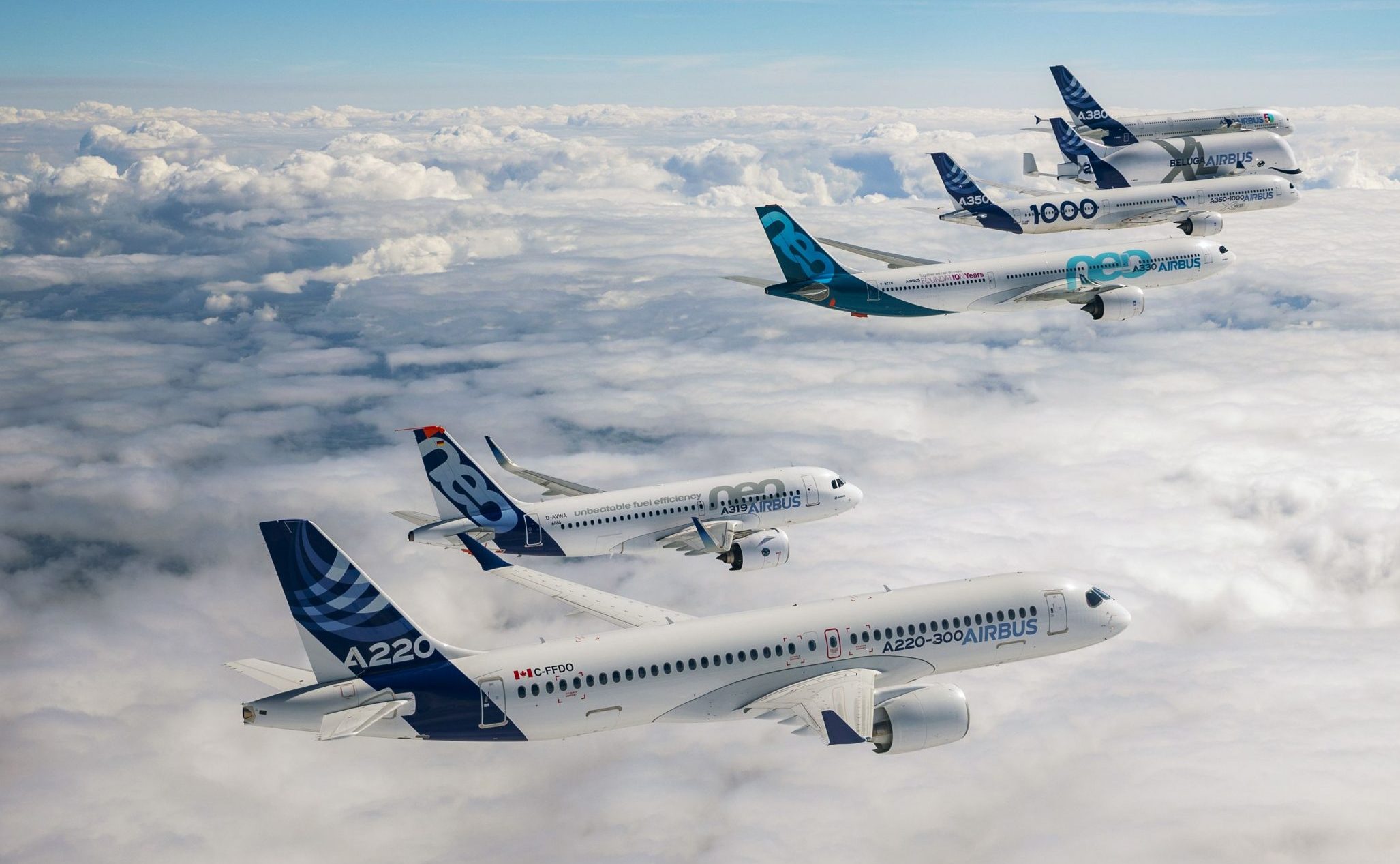Why Airbus fears EU sanctions on Russian titanium

European aircraft manufacturer warned the West against imposing restrictions on Russian titanium, a key material for the aviation industry
Airbus is pushing the West not to impose sanctions on Russian titanium sales.
The Wall Street Journal reports it.
The aerospace industry has relied heavily on Russian-made titanium. Titanium is used in aircraft engines (in percentages of 14-15%) and is largely supplied by Russia.
In recent months, both Airbus and Boeing had declared attempts to seek alternative supplies.
Yet, the Journal points out, Airbus is still importing large quantities of titanium from one of the country's largest exporters. Already last April, the European aircraft manufacturer had asked the European Union to avoid imposing sanctions on the metal. About 65% of Airbus' titanium supply comes from Russia, according to consultancy AlixPartners.
The EU has so far avoided banning Russian raw materials other than steel and coal, and titanium remains exempt from trade restrictions with Russia.
All the details.
THE REQUESTS OF AIRBUS
Airbus urges the West not to impose a halt on imports of titanium from Russia.
"We think that sanctioning titanium from Russia would mean sanctioning ourselves," Airbus CEO Guillaume Faury said over the weekend. Sales of titanium in Russia are "one of the few areas of business where it is in no party's interest to stop the current situation," he told reporters at an aviation rally in Doha, Qatar.
The Airbus number one also said it is looking for new sources of titanium in the United States and Asia.
THE IMPORTANCE OF TITANIUM
In recent years, the use of titanium has increased with the latest light jets, such as the Boeing 787 and the Airbus A350, reaching 14-15% of the weight of an airliner.
Titanium has so far been kept off the EU and US sanctions lists, but many buyers have reduced their exposure to Russian sources and found alternative suppliers for a variety of reasons, including the difficulty of making payments to Russia.
THE DEPENDENCE ON THE RUSSIAN VSMPO-AVISMA COLOSSUS OF BOEING AND AIRBUS
As regards titanium production, as Seeking Alpha summarizes , Russia holds the third place with a share of between 13 and 13.5%, followed by China, Japan and Ukraine with a share of 2 to 2.6. %.
The Russian giant Vsmpo-Avisma is in fact the largest titanium producer in the world.
Airbus said it relies on Russia for half of its titanium needs, Reuters recently recalled. The European aircraft manufacturer has long-term agreements with Vsmpo-Avisma. For its part, Vsmpo-Avisma makes about three quarters of its sales from the aerospace sector despite efforts to diversify.
Over the years, Airbus' rival Boeing – always remembers Seeking Alpha – has also intensified its ties with Russia for the production of titanium parts. In 1997, Boeing signed an agreement with Vsmpo-Avisma to supply titanium to Boeing and several agreements were reached in the following years.
The latest was signed at the Dubai Airshow last November , when Boeing renewed a two-year partnership with Vsmpo-Avisma, agreeing to keep it as its largest titanium supplier. In late January, Boeing's David Calhoun issue stated that the company is "protected for quite a while, but not forever."
WHAT BOEING IS DOING
Before the war in Ukraine, Boeing bought at least a third of its titanium from Russia, the Wall Street Journal notes.
All in the aftermath of the invasion of Ukraine, Boeing announced that it would terminate collaboration with Russia on titanium. Chief Executive David Calhoun said in April that he was "in the spirit of doing the right thing."
THE CONSEQUENCES FOR AIRBUS
According to the Journal , Airbus isn't the only Western company continuing to buy titanium, but it is among the largest Western aerospace companies still doing so, demonstrating the challenges of quickly replacing Russian supply chains. Airbus' dependence on Russia exposes it to the risk of new sanctions imposed by Europe or the United States or restrictions on exports from Russia. It is also subject to reputational risk due to increasing public pressure on companies to withdraw financial support for the Russian economy.
“Part of the challenge for Airbus is the lengthy certification process for hiring new suppliers and components, a process that can take 18 to 24 months,” Pascal Fabre, CEO of AlixPartners, told WSJ .
“There is a strong dependence on a specific supplier,” Fabre said. "It is very difficult to radically change the configuration."
WHAT THE EU WILL DO
So the EU is considering whether to impose sanctions on the material. In late April comments, European Trade Commissioner Valdis Dombrovskis said the EU needed to seek new suppliers for the raw materials used by aerospace manufacturers, including titanium, palladium and nickel.
This is a machine translation from Italian language of a post published on Start Magazine at the URL https://www.startmag.it/smartcity/perche-airbus-teme-le-sanzioni-ue-al-titanio-russo/ on Thu, 30 Jun 2022 05:25:07 +0000.
